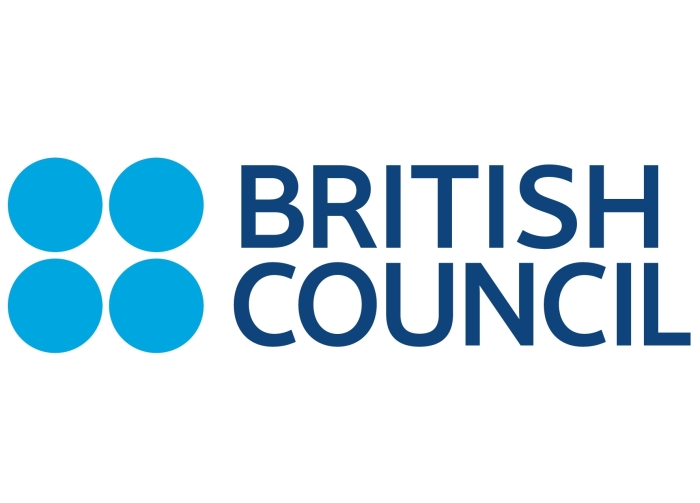We all learnt to read in English in more or less the same way. Typically we have used paper books containing activities and exercises given as practice material.
One characteristic of this approach to developing reading is that the books themselves are of a static nature in many aspects. No matter how many times the readers go over the book they always see the same material. Usually the only feedback provided by the book for an erroneous response by a reader is just the correct answer with no clues on what went wrong. Finally, the learning material is limited in size; learners may need to practice more but no more activities are available.
Besides the above limitations and having decided to use a paper-based resource to develop reading, we face a more serious question: “what should the learner read/what is the best content?”. The answer to this question requires “to know” the intended learner as a reader – their preferences and reading habits.
From the above, it is obvious that to move from the classical paper activity-books that are static and non-personal to interactive and personalized reading may constitute an improved reading experience for learners.
The British Council is part of the iRead project working to develop new personalised technology that supports children to become confident and skilled readers.
The iRead project is an EU Horizon 2020 project recruiting 1,000 students across the UK and Greece for our online pilot study throughout the period of 2019-2021.
In the iRead project, children use the Amigo Reader to work with a series of personalised texts to develop their awareness of speech sounds (phonology), spelling patterns (orthography), word meaning (semantics), grammar (syntax) and patterns of word formation (morphology), that provide a necessary platform for fluency and comprehension. iRead offers the additional functionality of the Navigo game app. which then allows readers to develop their competency in specific aspects of reading through exciting and challenging game formats.
Apart from the added audio, interactive tasks and built-in dictionaries, the great benefit of e-books is that learners can select then read and complete the associated activities at their own pace allowing them to focus on individual learning.
Adaptive eBooks which record individual reader history over time will offer learners a rich resource of reading materials relevant to their age, ability and interests and track their response to the text. This then allows the eReader to refine the range of future materials presented to the learner by for example ensuring that a grammatical form the reader found challenging is recycled in future texts.
Interactive and personalised ebooks then offer flexibility in the classroom and in learning. They can be used to teach text features, vocabulary, and research skills, while each reader can read the title that they find the most interesting.
To find out more about this project and how you can participate, visit https://iread-project.eu/ and subscribe to our newsletter or contact Vangelis Kravvaritis at Vangelis.Kravvaritis@britishcouncil.gr.
Further reading
https://www.britishcouncil.org/voices-magazine/how-english-teachers-use-ebooks-in-classroom
https://iread-project.eu/amigo-reader/
https://iread-project.eu/game/
A 4-year EC Funded project (Jan 2017-Dec 2020). This project has received funding from the European Union’s Horizon 2020 innovation programme under grant agreement No 731724.
